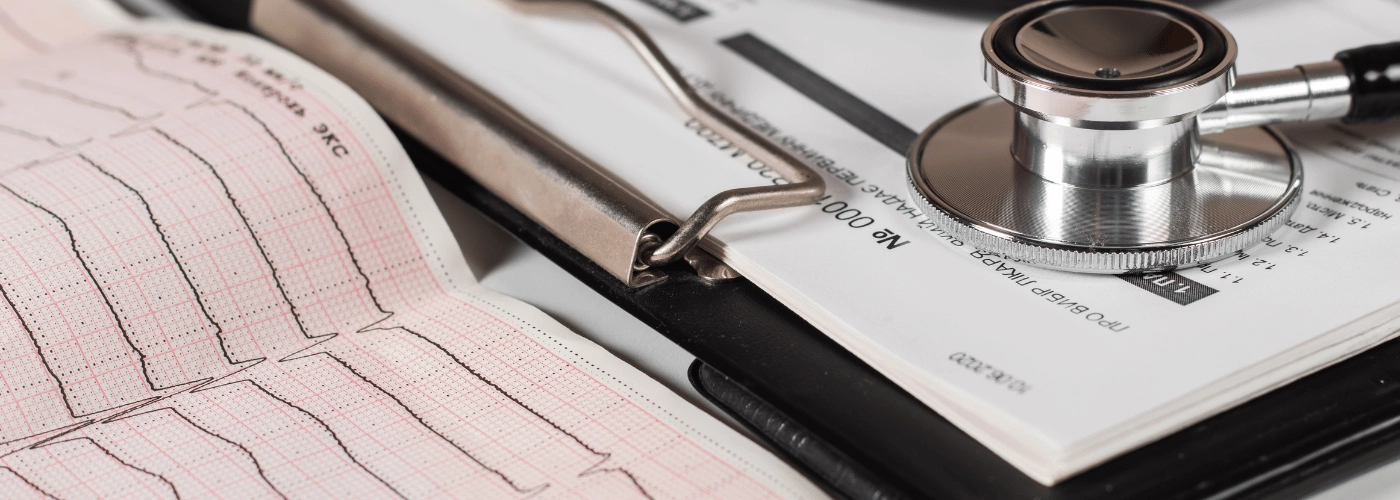
Cardiac screening is a vital preventive measure for individuals at risk of heart disease. With advanced cardiac screening tests, medical professionals can detect heart conditions early, leading to more effective treatment options.
For those seeking a complete heart health assessment, Gleneagles Hospitals offers advanced cardiac screening packages designed to detect a variety of heart-related issues. These screening tests are tailored to evaluate an individual's risk for cardiovascular diseases, helping identify potential issues before they become life-threatening.
A cardiac screening package typically includes a variety of tests that provide detailed insights into heart health. These tests can range from basic evaluations such as cholesterol screening to advanced imaging technologies like CT scans or MRI. Each test in the heart screening package is carefully selected to give a comprehensive understanding of an individual's cardiovascular risk, from detecting blockages to monitoring heart function.
The main advantage of undergoing a heart screening package is early detection of potential heart conditions. Many heart diseases, such as coronary artery disease or heart arrhythmias, may not show noticeable symptoms until they progress to a more severe stage. Regular cardiac screening allows for the identification of these conditions early, offering the opportunity for early intervention that can significantly improve treatment outcomes.
Studies show that early detection of heart disease can lead to better management of the condition, preventing further complications and improving quality of life.
A heart screening package can also help identify risk factors for heart disease, which is crucial in preventing future complications.
By understanding these risk factors, individuals can take proactive measures to reduce their risk of developing cardiovascular diseases.
At Gleneagles Hospitals, cardiac screening packages are not one-size-fits-all. The hospital offers tailored screening options based on individual health needs, medical history, and lifestyle factors. For example, those with a family history of heart disease or those over the age of 40 may be recommended for more extensive testing. These personalised packages ensure that every individual receives the most accurate and relevant assessment of their heart health.
Heart disease is one of the leading causes of death worldwide. With regular screening, it is possible to catch problems before they lead to serious complications. Experts recommend that individuals, especially those with risk factors, undergo a heart screening at least once every few years. This proactive approach can significantly reduce the chances of sudden heart attacks or other heart-related emergencies.
Regular screenings, when paired with lifestyle changes such as a healthy diet, regular exercise, and stress management, can help maintain good heart health throughout life.
Cardiac screenings are typically recommended starting at age 40 or earlier if you have risk factors like a family history of heart disease.
The duration varies depending on the tests but generally lasts between 1-3 hours.
Coverage depends on your insurance plan; check with your provider for details.
Yes, adopting a healthy lifestyle post-screening can significantly reduce the risk of heart disease.
Advanced cardiac screening tests are essential for identifying heart conditions early, potentially preventing severe complications like heart attacks or strokes. If you or a loved one are experiencing symptoms of heart disease, such as chest pain, shortness of breath, or fatigue, seek medical attention without delay. Early detection through a heart screening package can lead to timely intervention, improving your chances of managing heart health effectively.
At Gleneagles Hospitals, our expert cardiologists offer advanced screening options tailored to your individual needs. If you have questions about heart health screenings and other heart-related procedures, please reach out to your nearest Gleneagles Hospitals by making an appointment through our website, or download our MyHealth360 application from Google Play Store or Apple App Store.

Wait a minute